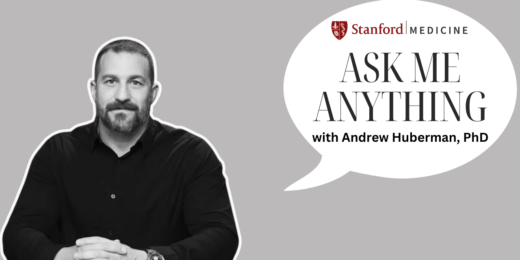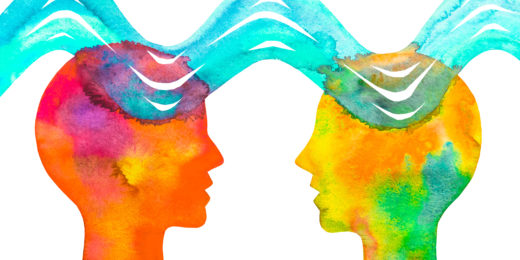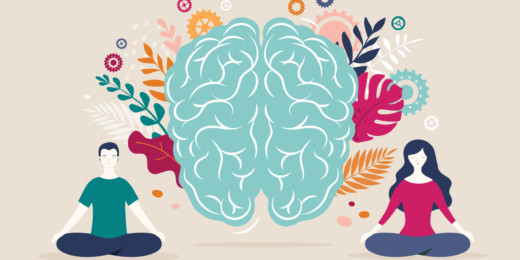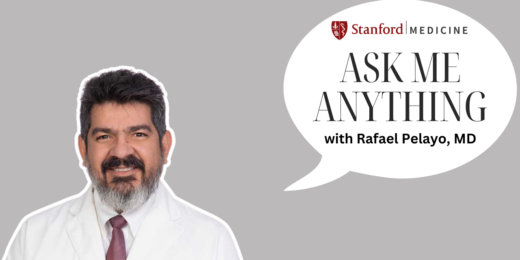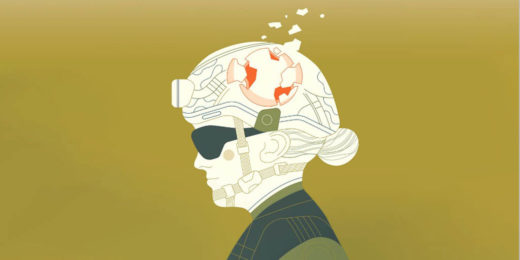Andrew Huberman joins Stanford Medicine in an Ask Me Anything featuring topics such as human behavior and neuroscience.
Category: Psychiatry & Mental Health
Do synchronized brains predict happy marriages?
Researchers found that couples who share similar brain activity while watching movie scenes about marriage report happier relationships.
Addressing mental health struggles among health care workers
Tait Shanafelt discusses physician suicide as a national crisis, and how to support health care workers' mental health.
Scientists use ‘sleep age’ to infer longterm health
Stanford Medicine professor Emmanuel Mignot answers questions about sleep age, emphasizing the importance of developing good sleep hygiene.
Losing sleep in adolescence makes mice less outgoing as adults
Mice that had sleep interruptions during adolescence had less interest in making new friends later on, a Stanford study shows.
How the grief of a million U.S. COVID-19 deaths hurts us all
Stanford psychiatrist weighs in on how the United States as a community suffers from widespread, prolonged grief, and what we can do.
Mental health hygiene can improve mood, decrease stress
Creating a routine of mental health hygiene, including daily mindfulness practices, can decrease stress levels and improve mood.
Ask Me Anything: Answers about Daylight Saving Time and sleep
Stanford sleep scientist weighs in on all things sleep, including why we dream, how to get better sleep, and daylight saving time.
Report on opioids urges drug reform
Stanford researchers and colleagues issue a report detailing issues of the opioid crisis, including insufficient government policies.
Stanford team finds benefits to online autism treatment
Creating online worlds tailored to kids' interests allowed Stanford therapists to use telehealth to motivate children with autism to talk.
How COVID-19 has hurt health care workers’ mental health
Stanford clinical psychologist discusses how the mental health of health care workers has been impacted by the pandemic.
Designing psychiatric care to precisely match patients’ biology
Using a new approach that harnesses the power of precision, Stanford Medicine researchers are devising new ways to treat depression.
Brain trauma is not the same in women and men
Stanford Medicine researchers are exploring how men and women's brains differ after traumatic head injury.
Addictive potential of social media, explained
Stanford psychiatrist Anna Lembke’s book, Dopamine Nation, explains our brain chemistry's role in modern society's addiction to social media.
Youngsters with ADHD often don’t receive best treatment
Families of young kids with ADHD should get parenting-skills therapy before other treatments, but this happens infrequently, a study found.
A Q&A with Daniel Mason: Combining psychiatry and writing
Daniel Mason, Stanford psychiatrist and award-winning novelist speaks on his passion for literature and medicine.


